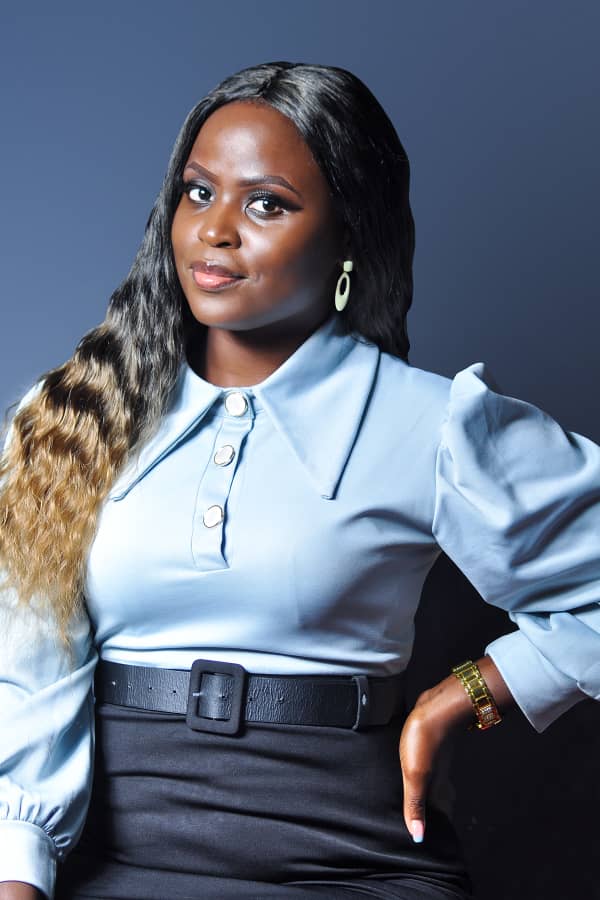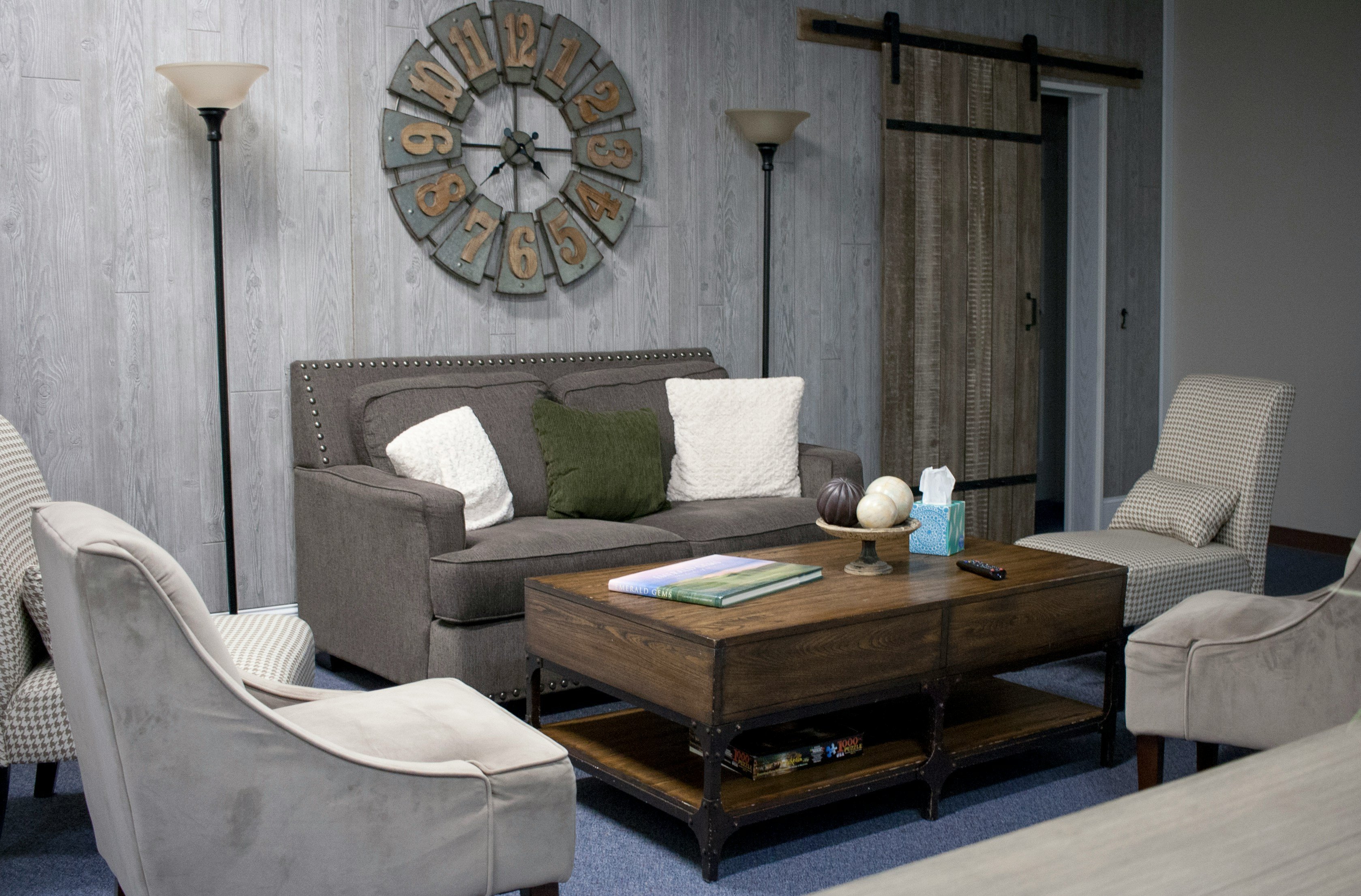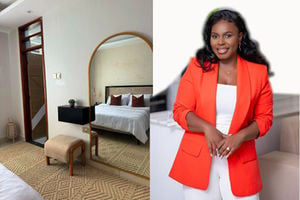
One of Ngobi’s favourite projects was transforming his aunt’s colonial bungalow into a
contemporary home
Iman Ngobi is an interior designer at Ubano Elemento Interior Design, a name well-known among condominium owners in the prestigious neighbourhoods of Ntinda and Kololo, as well as in residential complexes such as Hilltop and Bellweather in Kyanja. Over the past five years, Ngobi has developed a keen expertise in crafting spaces that reflect the essence of contemporary minimalism. His approach combines functionality with aesthetic simplicity, resulting in environments that are both elegant and practical.
His professional motto, "less is more," reflects his design philosophy.
“My style focuses on contemporary minimalism, emphasising simplicity and a modern look for each space,” Ngobi explains. Ngobi started out as a brand manager and later picked interest in interior design. He enrolled for a certificate in interior design at BHC school of interior design in Western Cape South Africa.
The aspiring professional notes that he has managed to stand out through unparalleled creativity and passion.
Inspiration
The interior designer finds inspiration in the Japandi style, which combines elements of Japanese and Scandinavian design, emphasising simplicity, comfort, cosiness, and wellbeing.
“These styles emphasise organic forms and clean lines and clutter-free spaces. I opt for modern contemporary designs that create open, visually engaging spaces,” he explains. “It is perfectly acceptable for designers to seek inspiration from others' work and reinterpret it to make it their own.”
He also draws significant inspiration from nature, which influences many of his designs.
Challenges
Although many people appreciate a well-designed space, they often view our work as a luxury.
“Interior design is what transforms a basic space into a home or a workspace where one feels happy and comfortable,” he says.
Another challenge in the industry is the lack of regulation, which has allowed many inexperienced individuals to enter the field. These newcomers often lack a true understanding of the work involved, leading them to produce substandard results and charge lower fees. This can be appealing to homeowners looking to cut costs, but it ultimately undermines the value of professional design. Ngobi also highlights the challenges associated with the rising costs of materials.
“As an interior designer, I strive to source high-quality materials that reflect my clients' tastes and needs, but fluctuating prices can make that difficult,” he explains.
With the increasing demand for sustainable and unique materials, prices have surged, impacting project budgets. This can lead to tough conversations with clients about compromising on certain design elements or adjusting their expectations.
Furthermore, supply chain disruptions can delay projects, adding to the frustration. Ngobi stresses the importance of transparency with clients about these challenges, as it helps build trust and fosters a collaborative approach to finding creative solutions within budget constraints.
The industry
Changing misconceptions about the industry is crucial, especially in Uganda, where many still believe that interior design is predominantly a woman's profession. This stereotype not only limits opportunities for male designers but also undermines the diverse talents in the field.
Ngobi points out that interior design is a discipline that requires a range of skills, including creativity, technical knowledge, and project management qualities that are not exclusive to any gender. This inclusivity not only enriches the profession but also enhances the creative landscape in Uganda.





